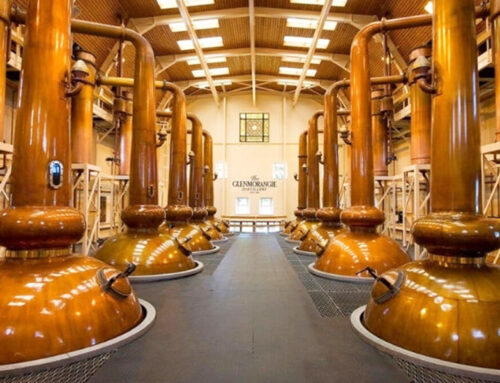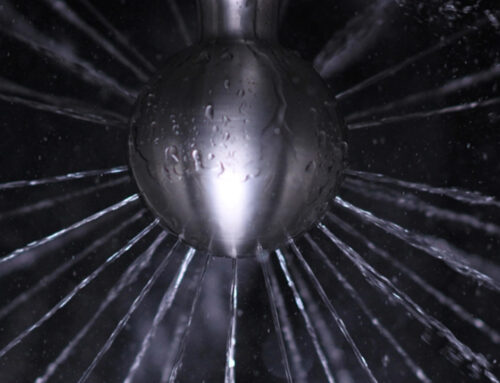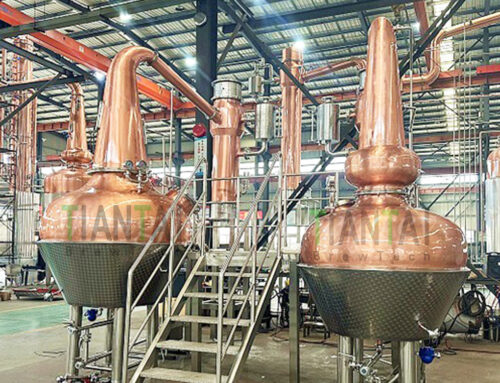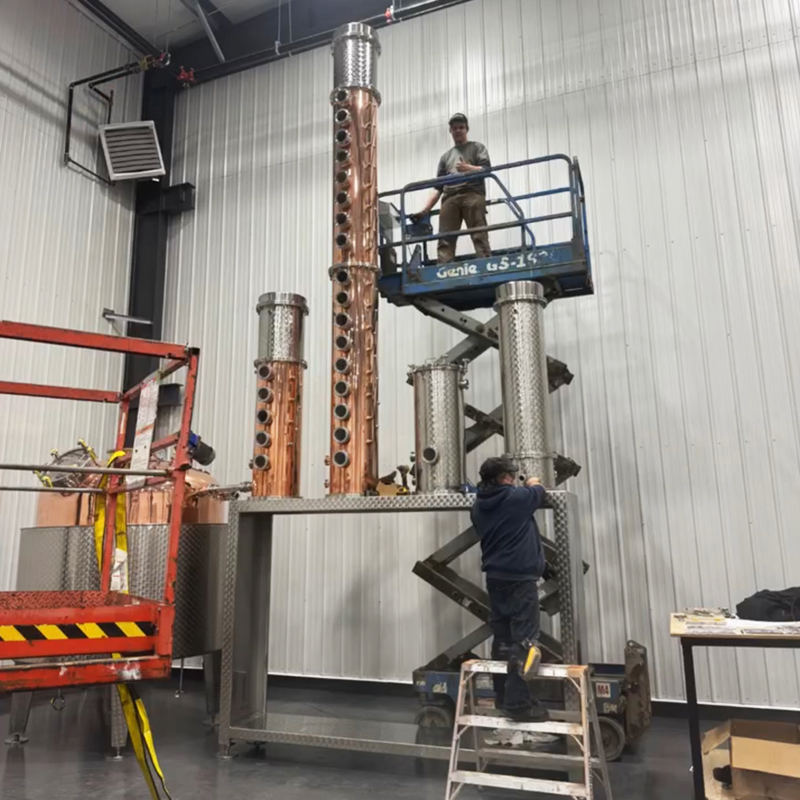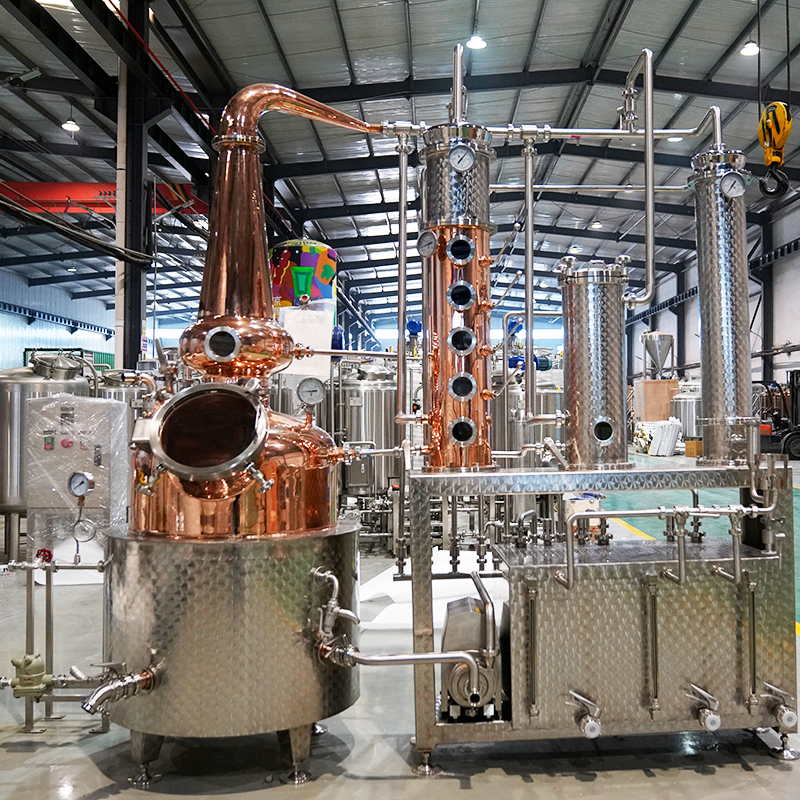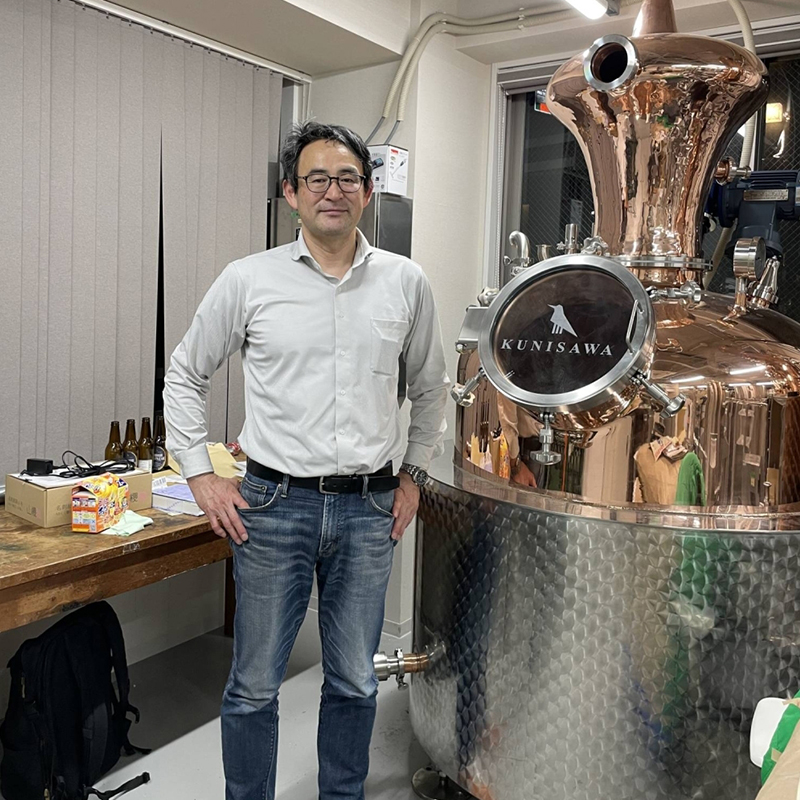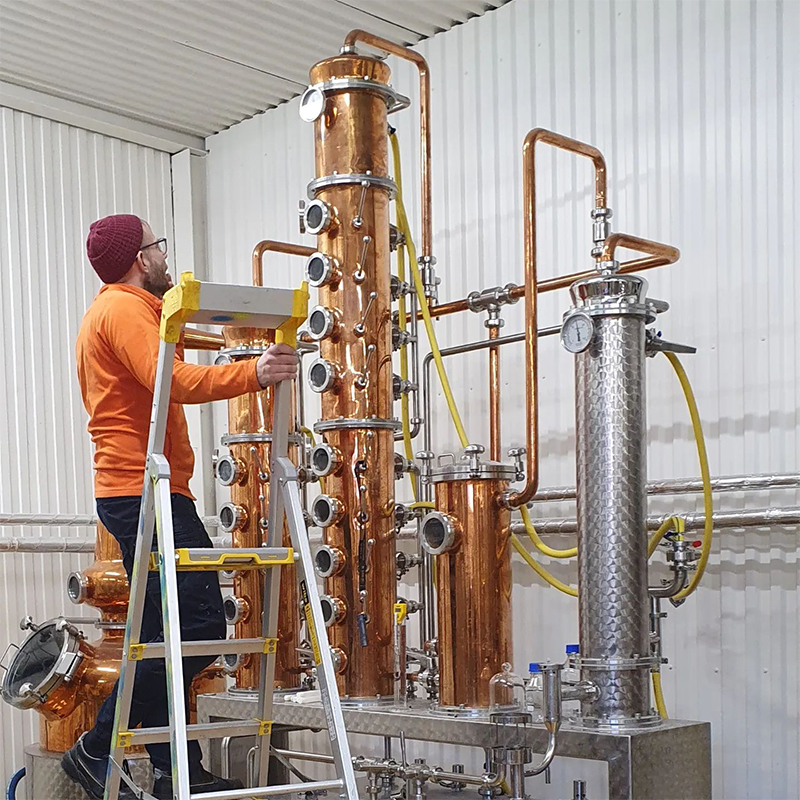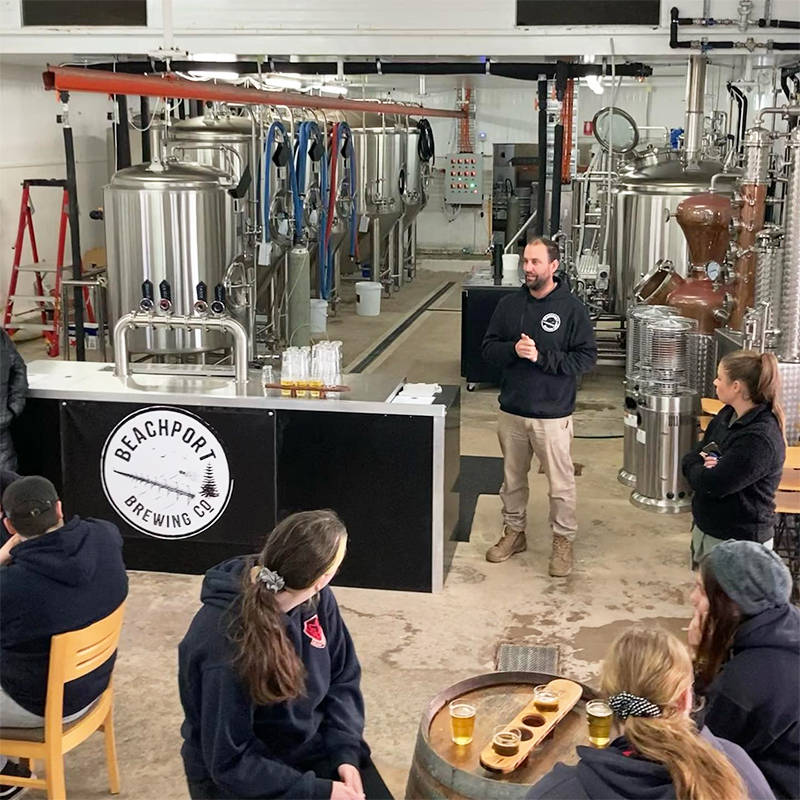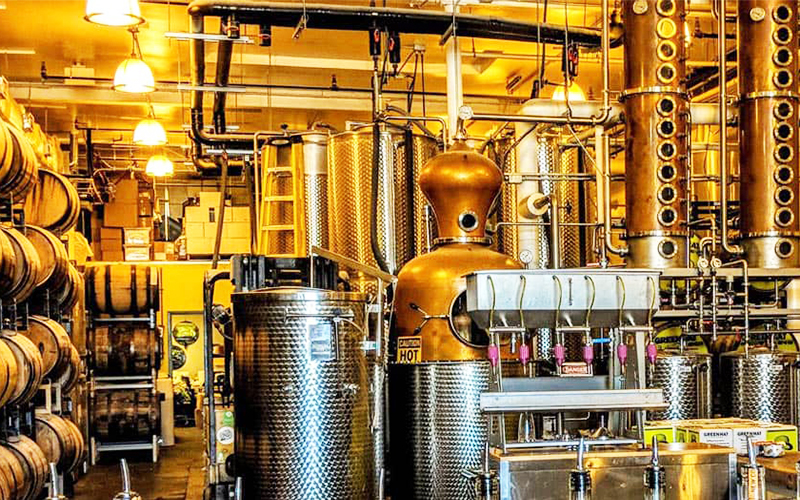
Is Saccharification and Fermentation Necessary in the Process of Distilling Spirits?
Distilling spirits is the process is often seen as the final, transformative step in the journey from raw material to bottle. distillation is undeniably crucial, it’s important to remember that saccharification and fermentation are equally essential stages in the production of alcohol. These steps are what make the distillation process possible in the first place. how do they work together to produce the spirits we enjoy?
Saccharification: The First Step in Alcohol Production
Saccharification is a process that occurs when starches, typically found in grains like barley, corn, rye, and wheat, are converted into simpler sugars. Starches are complex carbohydrates that, on their own, are not fermentable. This means they cannot be turned into alcohol by yeast without first undergoing saccharification.
In the world of distilling spirits, saccharification usually happens through mashing. During mashing, grains are heated with water and enzymes—often amylase—are added to break down the starches into sugars like glucose and maltose. These sugars are then ready to be consumed by yeast during fermentation.
Without saccharification, the starches in the raw materials wouldn’t be broken down into fermentable sugars, meaning there would be nothing for the yeast to feed on. This step is especially necessary when working with grains or other starch-based ingredients, as it converts them into a form that can eventually be distilled into alcohol.
Fermentation: Turning Sugars into Alcohol
Once saccharification has taken place, the next step is fermentation. yeast is introduced into the sugary mash or wash, and the fermentation process begins. During fermentation, yeast consumes the sugars that were created during saccharification and converts them into alcohol (ethanol) and carbon dioxide.
The result of fermentation is a wash or mash that typically contains alcohol in concentrations ranging from 6-12% ABV (alcohol by volume). This is the liquid that is ready for distillation. While fermentation is not responsible for the high-proof alcohol you expect from spirits like whiskey, vodka, or rum, it is the crucial precursor to the distillation process. It essentially transforms the sugars into alcohol, setting the stage for the next step.
The fermentation process also influences the flavor profile of the final spirit. Yeast strains, fermentation time, temperature, and other factors all contribute to the characteristics of the wash. For example, in whiskey production, the flavors produced during fermentation can carry over into the final spirit, giving it its unique taste.
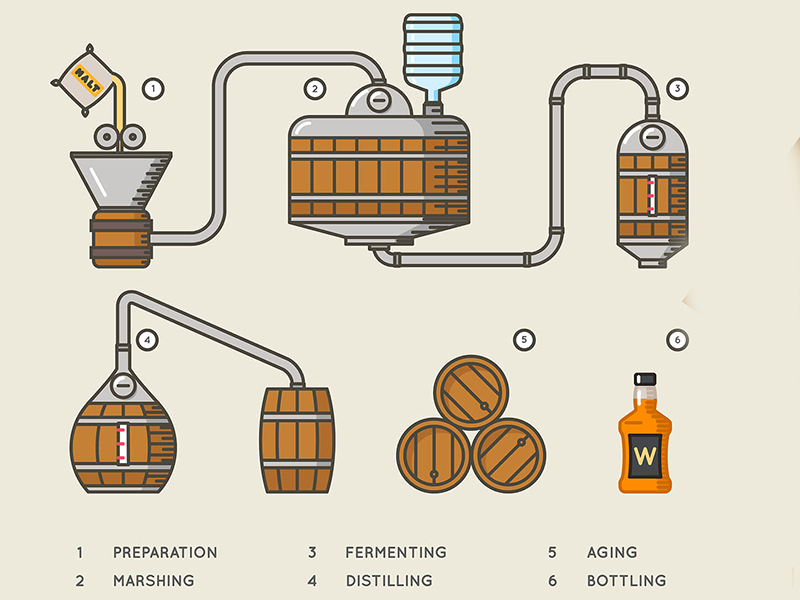
Distillation: The Concentration of Alcohol
Distillation is where the fermented wash or mash is heated in a still, and the alcohol is separated and concentrated. Alcohol has a lower boiling point than water, so when the mixture is heated, the alcohol vaporizes first. This vapor is then captured, condensed, and collected in liquid form. The result is a much higher concentration of alcohol than what was present in the original fermented wash.
However, without the alcohol produced during fermentation, there would be nothing for the distillation process to concentrate. Essentially, distillation does not create alcohol—it refines and concentrates the alcohol that was created during fermentation.
This is why saccharification and fermentation are indispensable in the process of making spirits. Without fermentation to create alcohol, and without saccharification to make that alcohol possible, distillation wouldn’t have anything to work with.
Do All Spirits Require Saccharification and Fermentation?
While saccharification and fermentation are necessary for most distilled spirits, there are a few exceptions. For example, fruit-based spirits (such as brandy) often require less saccharification, as fruits already contain fermentable sugars. In these cases, fermentation might begin almost immediately once the fruit is mashed or crushed.
Similarly, molasses (used in rum production) is already a sugar-rich byproduct of sugar refining, so the need for saccharification can be reduced or eliminated. However, fermentation is still essential in these cases to turn the sugars into alcohol before distillation can take place.

whether you’re making whiskey, rum, vodka, or any other spirit, the basic principle remains the same: the alcohol produced by fermentation is what’s distilled into the final product. Saccharification and fermentation might be more straightforward or less intensive in some cases, but both steps are typically still involved in some form.

